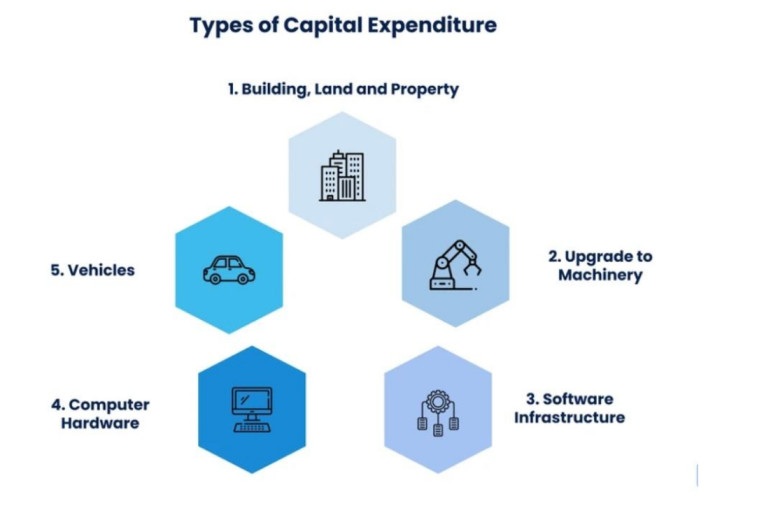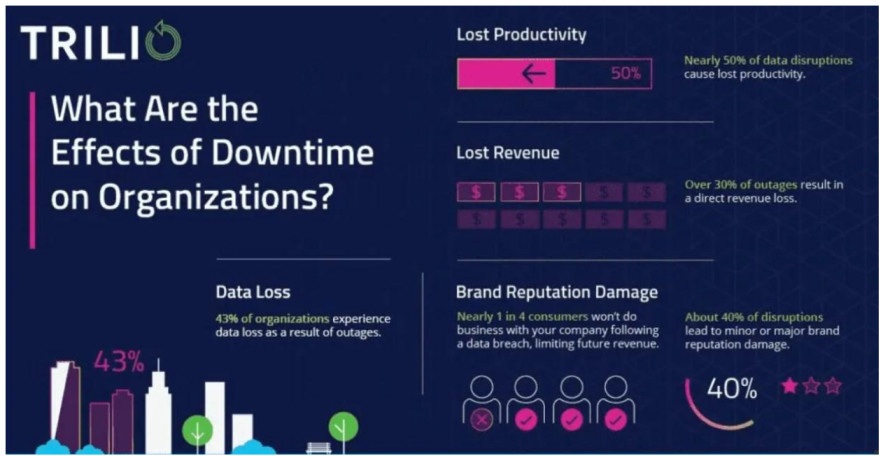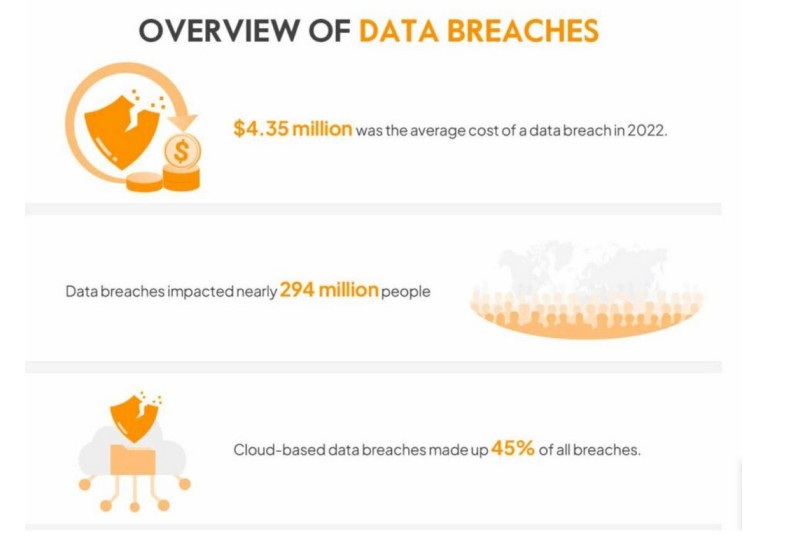What is an Asset Reservation System? Definition, Use Cases, and Benefits
Frustrated by employees booking unavailable assets? The asset reservation system is the solution. This guide explains what it is, its benefits, and features.
In this article:
- What is an Asset Reservation System?
- Are Asset Reservation Systems and Asset Management Systems the Same Thing?
- Features and Use Cases of an Asset Reservation System
- 1. Generate Reservations
- 2. Manage Check-in and Out
- 3. Control User Activity
- 4. Reports and Data Analytics
- Advantages of Asset Reservation System
- 1. Asset Utilization Efficiency
- 2. Cost Effective Management
- 3. Data Security
- Implement the Best Asset Reservation System With Itefy

Have you ever found yourself in a frustrating situation where an employee eagerly books a much-needed asset only to discover it's already been taken? This common occurrence can disrupt workflows and lead to inefficiencies. However, acquiring more assets is not the solution; the solution is to implement a robust asset reservation system.
These systems are cloud-based platforms that centralize asset management, making it easier for businesses to track, allocate, and manage their resources effectively. Curious how it works and why your business needs it? This is our guide about asset reservation, its importance for your business, and what features to look for in the best asset reservation system.
What is an Asset Reservation System?
An asset reservation system is software that helps businesses track and manage the use of assets within an organization. It is a centralized platform through which employees can check the availability of equipment, tools, facilities, or other resources and reserve them in advance.
Authorized employees can easily access this system to get real-time updates about the schedule of asset circulation, including their location, check-in, check-out, or maintenance status, and if they are available for use. This transparency enables them to plan their work productively, avoid conflicts, and ensure that assets are accessible when needed.
Asset reservation systems are particularly valuable for organizations with multiple departments relying on shared resources. This includes industries such as manufacturing, construction, healthcare, and education.
Are Asset Reservation Systems and Asset Management Systems the Same Thing?
This question often arises as both of the above systems are closely related. However, they are not the same.
An asset reservation system focuses on asset allocation and management. It assures that there are no double bookings and that all necessary assets are available when needed. These systems are often integrated into asset management systems and are particularly useful for organizations with a large number of assets, such as vehicles, manufacturing, hardware, or other physical assets.
On the other hand, asset management systems track all sorts of physical and digital assets, including their financial aspects. This may include physical and digital assets, inventory assets, and facility asset management. These systems not only track the location and usage of assets but also evaluate their entire lifecycle value, from acquisition to maintenance to disposal, including detailed reports on all business assets.
In short, both systems are designed to help organizations invest wisely in their assets and optimize their use.
Features and Use Cases of an Asset Reservation System
While choosing an asset reservation system, it is important to choose a platform that offers robust features catering to your specific needs. Here are some of the key features and their importance:
1. Generate Reservations
Most importantly, an asset reservation system should allow you to manage and track your asset bookings. For organizations with limited resources, ensuring proper asset distribution and avoiding conflicts is extremely important. Asset reservation software provides real-time updates on asset availability and booking schedules, so you can make a reservation accordingly.
Imagine you're planning a corporate event and need to reserve audiovisual equipment, such as projectors, screens, and microphones. An asset reservation platform keeps you updated about the availability of these items, schedules their use for specific times, and ensures that it doesn't conflict with any other meeting or event.
2. Manage Check-in and Out
A modern asset reservation platform facilitates the check-in and check-out process to maintain visibility in asset utilization. Employees can see where assets have been used, who is currently using them, and when they will be back again.
During check-in, you can request photos and notes on the asset's condition. This enables you to maintain an equipment maintenance log, monitor asset conditions, and promptly address any issues.
3. Control User Activity
The best thing about asset reservation software is the complete control over user activity. You can set permissions to determine which users can access or authorize specific assets.
Suppose you run a business that involves a wide range of high-value machinery. This particular feature helps prevent unauthorized usage, so only trained operators with specialized knowledge can access the equipment.
4. Reports and Data Analytics
Reporting and data analytics are crucial components of effective asset reservation. Cloud-based systems have built-in dashboards and reporting features that generate automated reports on asset availability, maintenance schedules, and current location or status. Data analytics also identify frequently accessed assets and optimize resource allocation.
Advantages of Asset Reservation System
A cloud-based asset reservation system offers numerous benefits to your organization that can improve the efficiency of your business operations. Here are some of the most prominent advantages:
1. Asset Utilization Efficiency
An average business spends around $206,383 on capital expenses. An asset reservation system ensures that all your assets are utilized to their fullest potential. It prevents double bookings, which can cause delays and disrupt the flow of business operations.
Through real-time visibility and asset availability, reservation systems help streamline operations and prevent valuable assets from being idle or underutilized.

2. Cost Effective Management
Implementing asset management reduces the cost associated with managing and maintaining assets. Tracking assets in real-time also identifies their location and usage at all times.
Studies show that unpredictable downtime can lead to a loss of productivity and a decline in revenue. Better asset tracking and management keep you updated about the maintenance status of your equipment and save you from costly reactive maintenance and last-minute purchases.

3. Data Security
Data security is extremely important for businesses, regardless of their size. The number of data security breaches is continuously increasing. The average cost of a data breach was $4.88 million in 2024.
An asset reservation system can enhance data security by restricting authorized users' and groups' access to specific assets. This helps prevent unauthorized access and provides an audit trail to track data access history, making identifying and addressing any security breaches easier.

Implement the Best Asset Reservation System With Itefy
An asset reservation system empowers organizations to manage their physical and digital assets through a centralized, cloud-based platform. However, every business has unique needs. To choose the best platform, assess your requirements, evaluate features offered by different options, and prioritize scalability.
If you want to implement a state-of-the-art asset utilization program, choose Itefy. Its advanced features let you reserve assets, schedule maintenance, and provide valuable insights. Start your free 14-day trial today and benefit from seamless asset reservation!
Frequently Asked Questions
-
Here are the two main forms of reservation systems :
Online asset reservation system: These platforms allow employees to reserve assets directly through a web interface, often integrated with the organization's intranet or a dedicated asset management portal.
Mobile asset reservation systems: Mobile systems enable employees to reserve assets using a mobile app, providing flexibility and convenience for on-the-go access. -
A reservation management system is a cloud-based software solution that helps businesses manage their operations and bookings. These systems are designed to streamline processes, reduce manual tasks, and improve overall efficiency. You can use them to manage reservations for various resources, such as facilities, assets, or services.
